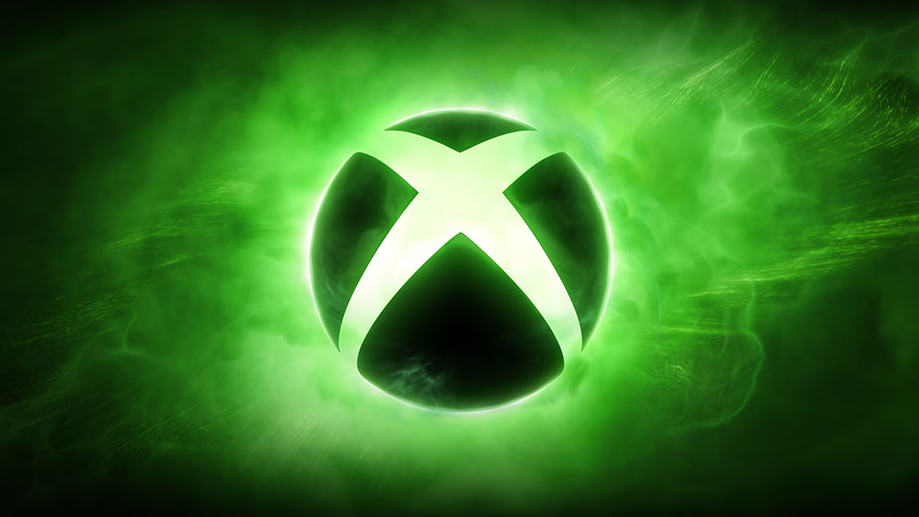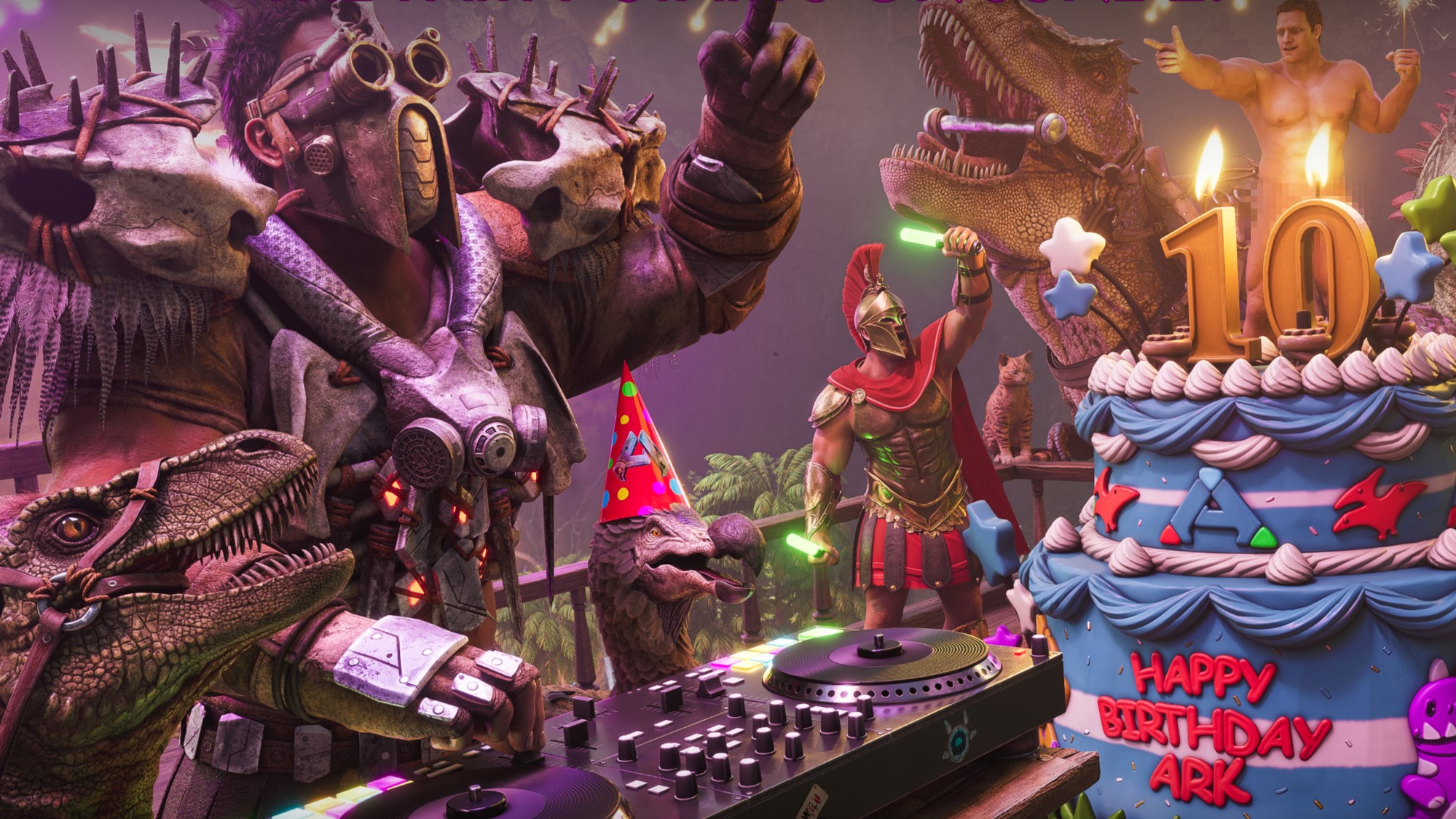
Ever since Magic: The Gathering’s 30th Anniversary Edition was announced in October, it’s been making headlines. Its $1000 price tag for four randomized booster packs of 15 non-tournament legal cards from Magic’s first set (some of which Wizards of the Coast promised never to reprint back in 1996) had many players up in arms, to the point where even Wall Street took notice. The tensions around it are higher than I’ve seen with any Magic product in a very long time, with some arguing it’s an overpriced insult to the player base while others see it as just another premium collectable in a game built on them.
So when Wizards of the Coast offered to send IGN two for whatever coverage we saw fit, I was honestly pretty surprised. These boxes are an ephemeral thing – on November 28, they were officially available for less than an hour before the official Magic Twitter account announced the sale had “concluded.” Meanwhile WOTC had seemingly already sent packs to celebrities like baseball player Hunter Pence, and even surprise included four packs in the swag bag of the most expensive Black Lotus VIP tier of its Magic 30 convention in Las Vegas, further fueling a community perception that this product was exclusively for the affluent.
Frankly, I didn’t think I’d ever see one of these boxes in person, let alone two, and the odds are high most people won’t. It’s hard not to feel like that’s somewhat intentional, with FOMO (fear of missing out) fueling hype around this premium product you will never be able to open yourself. Whether that’s actually the intent or not isn’t fair for me to guess at, but the result is the same: many players feel left out, and that stings when the product itself contains something lots of folk have been wishing would happen for a while.
The disdain for the Reserved List, WOTC’s decades-old promise not to reprint a specific selection of classic cards, has been palpable for a long time now, with former WOTC employee Bill Stark even recently tweeting that it can’t be abolished for legal reasons “that would bankrupt the game.” Because the 30th Anniversary Edition recreates (most of) Magic’s very first set, it contains plenty of reserved list reprints. The backs of these cards are different, meaning none of them are tournament legal, but this is still a fairly dramatic shift in policy – Magic’s head designer Mark Rosewater said the Reserved List covered “all normal-sized versions” of these cards as recently as last August.
It was fun to open nostalgic cards in mint condition, but not particularly exciting.
The promise of opening stand-ins for those rare and sought after cards is an enticing pitch to some and a waste of money to others, but I was genuinely curious what these packs actually felt like to open as a player. Now, keep in mind that my experience is colored a bit by the fact that these were provided to IGN for coverage, and therefore I am never going to try to sell them as that would be a huge ethical conflict of interest. But setting the value proposition aside for a second, is taking a trip down memory lane by opening packs of Magic’s first set with a shiny new border and a non-tournament legal back a nostalgic treat… or is sorting through 30-year-old draft chaff in the hopes of hitting a very limited list of potential diamonds in the rough disappointing on its own merits?
The answer for me ended up lying somewhere in the middle, as opening these $1000 lighting rods for debate was a somewhat strange and ultimately fairly anticlimactic experience – and I say that having opened two boxes that are probably as close to ideal as you can statistically hope for. It was fun to see cards I recognized from my childhood in mint condition and a modern frame, but that didn’t mean it was particularly exciting. Cracking an old-school Counterspell or Dark Ritual elicited roughly the same reaction as when I open a Starburst wrapper to find a pink one waiting at the front of the line: a quiet “neat” followed by a sweetness that quickly fades.
That mix of joy and malaise got even more muddled when I actually opened one of the Power Nine – the name for nine of Magic’s oldest, most powerful, and most expensive cards, which count Black Lotus among them. Mine was a Mox Jet, followed quickly by a retro-frame version of one of the coveted dual lands (a Taiga, in this case) in the same pack. If opening boosters was a game, I had just won, but neither card got my blood pumping in the way I would have expected. In contrast, I’ve opened rares in the $4 booster packs of recent sets that were more invigorating. Instead, my first thought upon seeing my new Mox was “Where the heck am I gonna keep this thing?”
It’s not a card I have practical use for since the Power Nine are banned in Magic’s most popular format, Commander. It’s not a card that has any value to me since it won’t ever be sold, and it doesn’t feel particularly special as a collector’s item like a real one would when it’s been printed brand new as a sort of bait for my excitement. It’s undoubtedly a cool piece of paper to have, I just don’t know what I’m supposed to do with it now that I have it. It’s hard not to be left feeling like gambling for a chance to open something you can sell for even more is a large portion of the sales pitch here, and without it these packs don’t hold much appeal at such a high price.
The door to the Reserved List is now open in a way many didn’t think would ever happen.
Seeing the cards in person, the cost of the 30th Anniversary Edition really is the most disappointing thing about it, as these packs could have been a really fun way for more people to experience Magic’s roots firsthand. I’d love to be able to celebrate this game’s birthday by doing affordable Beta drafts at my local game store – even though the harsh truth is that it’s not exactly a set that makes for particularly fun drafts. Gating an otherwise fairly neat product away exclusively as a collector’s items is a valid decision for WOTC to make if it wants to do that, it’s just a bummer for the rest of us.
But either way, I think a lot of the community’s frustration comes from less of a place of desperately wanting to open these packs or the quality of the product itself, and more from feeling left out of a thing many people have been asking for for years. Nowadays the Reserved List primarily benefits people making money off of the scarcity it causes, while it harms lots of players just trying to use those cards to play the game. So to finally get new printings of something like the coveted Dual Lands at a large scale – reprints that could happily be played in Commander, where their non-tournament legal status often won’t matter to your playgroup – only to have them priced out of reach is understandably disappointing.
One counterpoint to that would be that the non-legal status cements this clearly as a thing meant for collectors alone, and that it can be safely ignored by most players as it won’t force the average person to buy expensive packs just to get them. I do think that’s fair way to look at this whole situation – but the door to the Reserved List is also open now in a way many didn’t think would ever happen, and the disappointment in realizing it will always be an expensive door to step through anyway is real whether you ignore this specific product or not.
After having cracked open the 30th Anniversary Edition myself, I don’t necesarilly think it’s a complete, game-destroying disaster or anything. (To be clear, I also don’t recommend it unless you are literally Post Malone.) Removed from its enormous price tag, it’s a cool thing to flip through pack-fresh versions of cards I recognize from my childhood. But it also can’t help but feel like a relatively sterile Magic product in my hands, like it was built primarily with money on the mind rather than a genuine celebration of Magic’s 30th birthday. As a result, I’m left with the rather strange experience that I had more exciting moments opening Standard rares this year than I did opening a Mox Jet.
Tom Marks is IGN’s Deputy Reviews Editor. He loves puzzles, platformers, puzzle-platformers, and lots more.






